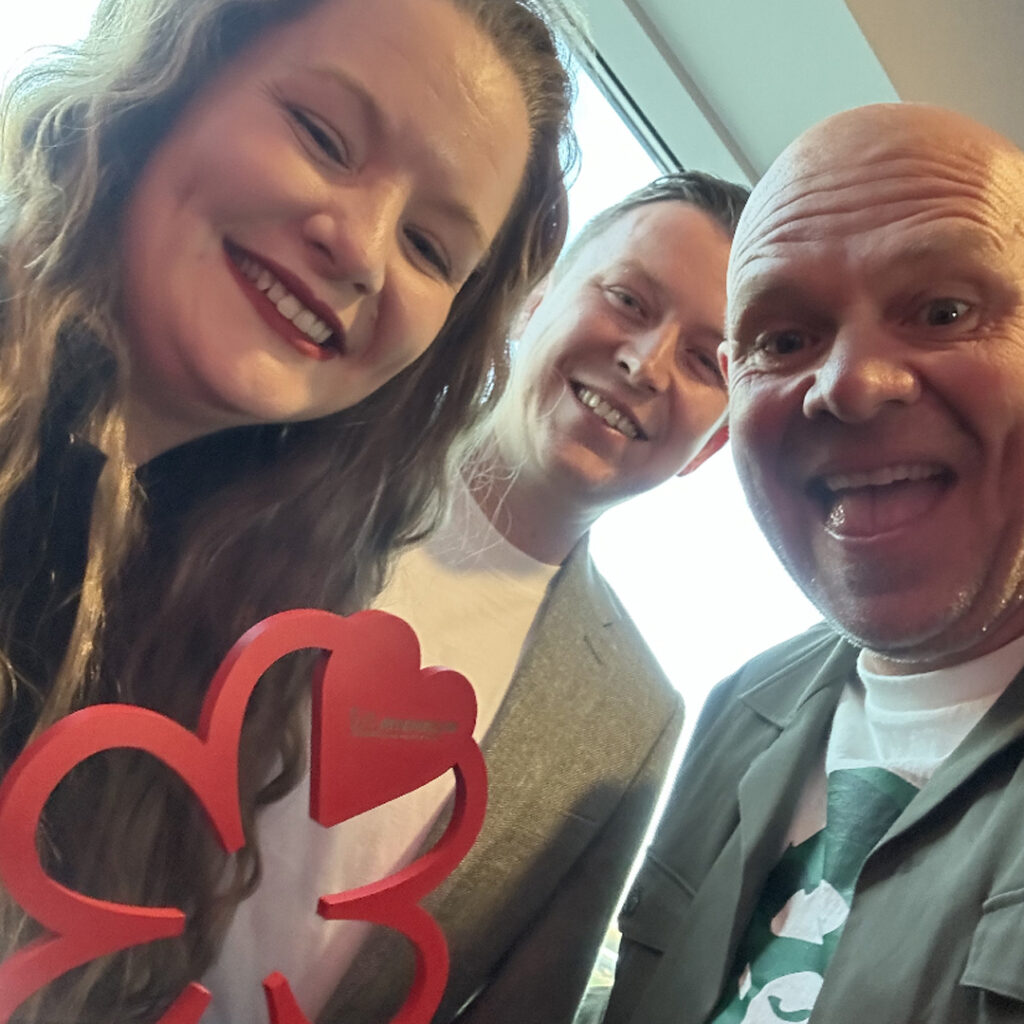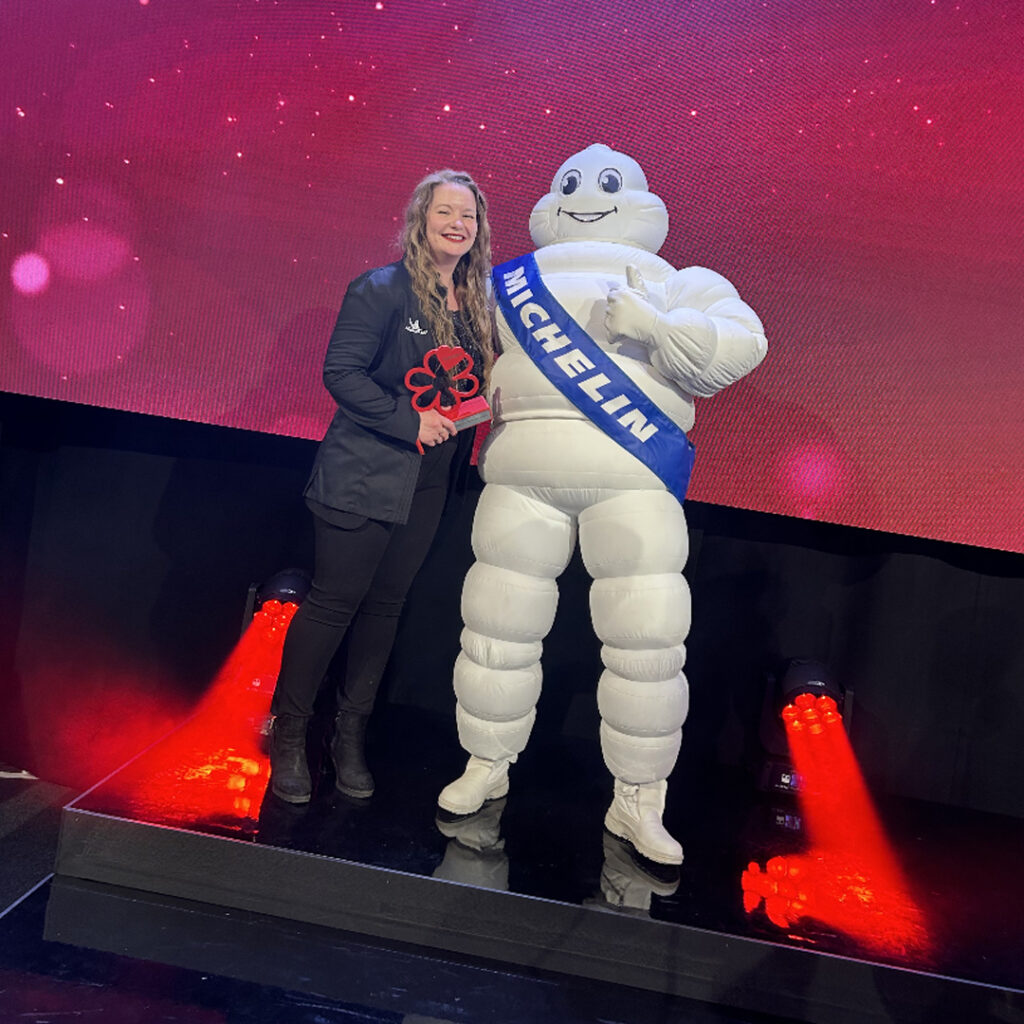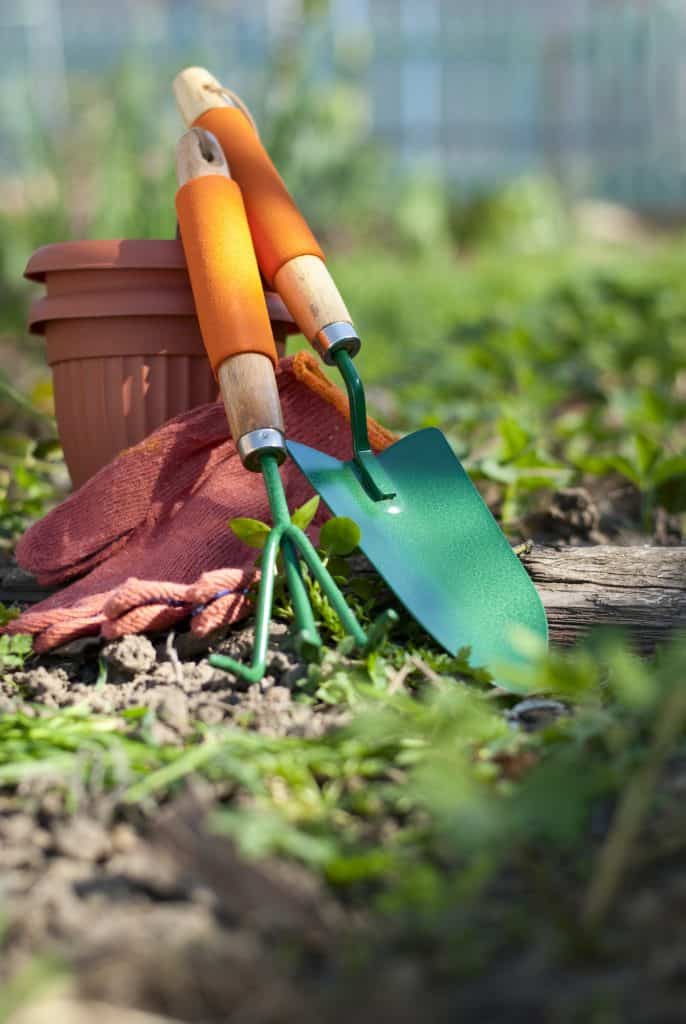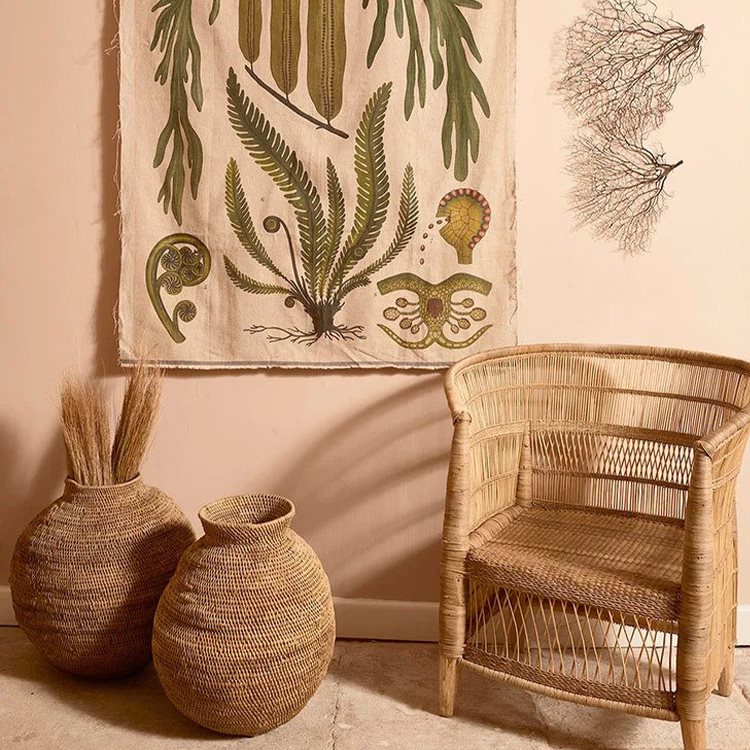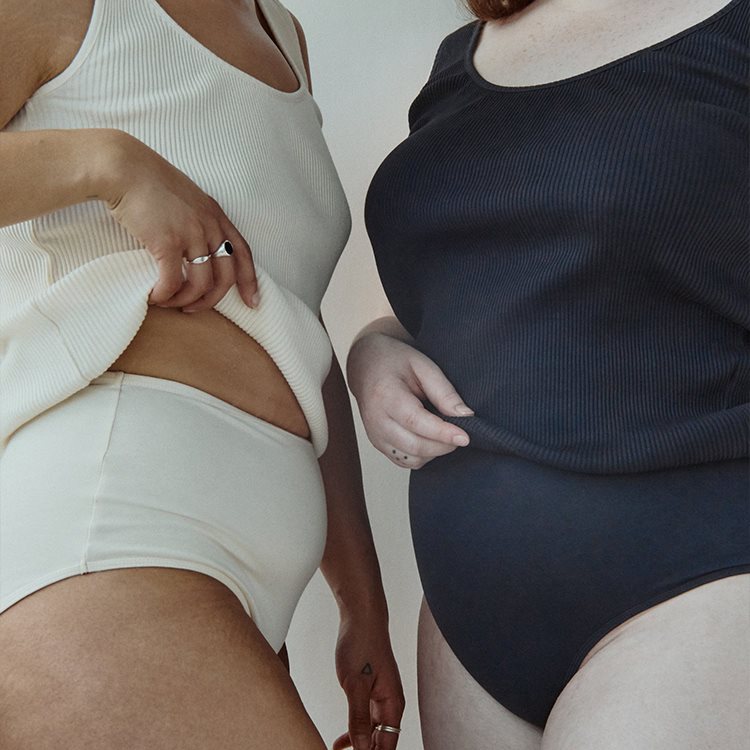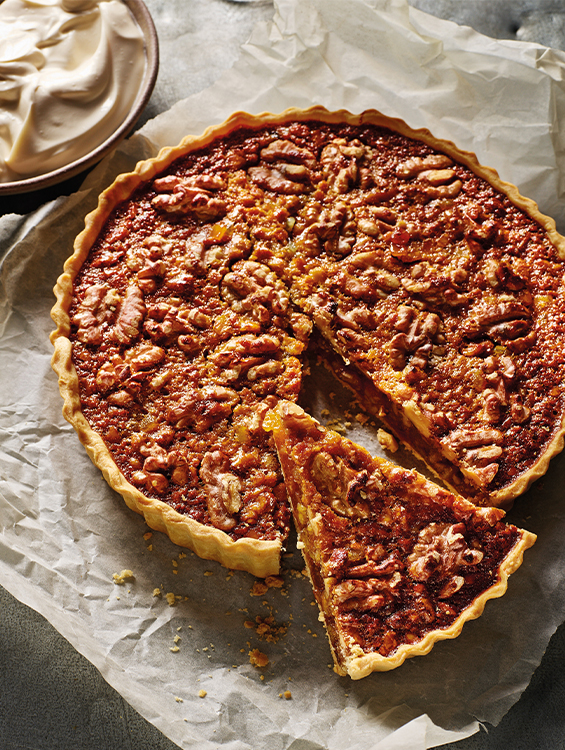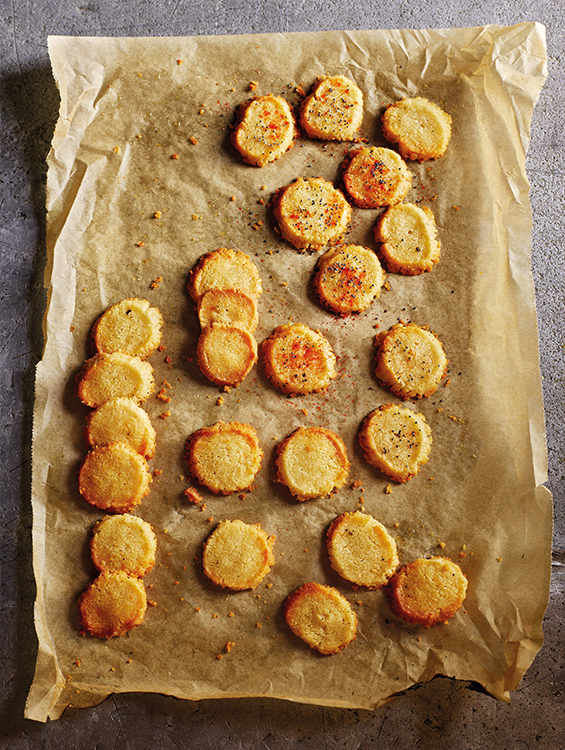Bruce Dessau chats to comedian Angela Barnes ahead of her tour which takes in Oxford’s North Wall Arts Centre on 3rd March, Chipping Norton Theatre on 22nd April, Bracknell’s South Hill Park Arts Centre on 27th April, Winchester’s The Arc on 4th May & Aldershot’s West End Centre on 27th May
You will know Angela Barnes from Live at the Apollo, 8 Out of 10 Cats Does Countdown and as a regular panellist on Mock The Week. She is a fabulous, flame-haired comedian, never short of a snappy quip, positively bursting with stories and jokes.
In her new show, Hot Mess, Barnes reflects on marriage, ADHD (Attention Deficit Hyperactivity Disorder) and the pandemic. And that’s just the tip of the iceberg. I spoke to Barnes about all of this, plus her love of bunkers – not the golfing variety – and more.
For all dates and tickets go to: www.angelabarnescomedy.co.uk
Tell us about Hot Mess.
It was originally about ADHD, but, ironically, I got distracted. The title of the show was conceived before the diagnosis. I’ve always been ditzy and forgetful, someone that people roll their eyes at all the time. So the show started off being about trying to get things right and often failing, but then so much happened it ended up being about something quite different, about friendship and loss.
Your boyfriend Matt proposed when lockdown started…
He tried to propose earlier. We’d gone on holiday to Norfolk. He ordered the ring online and they sent the wrong one. It was like a tiny child’s ring so he didn’t do it. Then my brother announced that he’d got engaged so it was like we can’t do it now, it looks like I’m just doing it because he’s done it. Then we were supposed to be going to Islay in Scotland in March 2020. So Matt thought he’ll do it there. And of course that got cancelled because of Covid. My diary just emptied and I was really miserable, so he just thought ‘I’ll do it now’.
Were you able to have a proper wedding?
We married in September 2021. It was just after the restrictions were lifted on weddings. We had our reception in a field so people felt safe. And it was great because it was the first party anyone had been to for a year and a half so the atmosphere was brilliant. Everyone was ready for a party. That’s my wedding tip – have a wedding at the end of a global pandemic. People are really up for it.
Lots of comedians have ADHD – Aisling Bea, Shaparak Khorsandi, Simon Brodkin, you. It can’t be a coincidence can it?
I think there’s a reason we get drawn into this life. We’re constantly looking for that dopamine hit. What better way than stand in front of a room of strangers? It’s not normal to drive to Cardiff for no money to do ten minutes then drive back. Also, I think we’re quite socially awkward. I’ve never been good in social situations with people I don’t know. I’m more comfortable onstage in front of a crowd in the dark. I’m more surprised by stand ups that don’t have ADHD. Why are they doing it?
Mock The Week has ended after 17 years. How was it for you?
I did 38 episodes, the most for any woman and seventh on the list overall. I did my first one in 2014 and thought ‘what am I doing here?’ but by the end I felt I belonged. I owe a lot to it. If it wasn’t for Mock The Week I wouldn’t be doing a tour of this size. It’s nice to not have to write jokes about the news for a bit though. I looked at my notes from my first episode recently and the top story then was that David Cameron had gone on holiday to Cornwall and couldn’t get phone reception. It was a glorious time by comparison.
Was it a good showcase for female acts?
It took a while to realise that ‘woman’ wasn’t a genre of comedy. I think they were worried that women were doing the same subject matter. But my material is more similar to male observational comics than it is to, say, Sara Pascoe. Once they got their head around that I think it changed the show. And once they started having more than one woman on you could tell the difference in energy. I think it started as comedy as combat, having to get your elbows out and get in and became an ensemble piece.
You started stand-up after training as a nurse and working in social care?
I was in my early 30s, I think you realise that comedy doesn’t really matter that much when you’ve come from doing a job where people’s lives matter. During the pandemic we found out who was essential and comedians weren’t essential. Nurses and doctors were. So we’re sort of a luxury item.
But comedy can be good for people’s mental health?
Sometimes people write to you after shows and say ‘I’ve just been through this terrible thing and I was able to forget about it for an hour’. It does have the power to do that. But I think we can take ourselves too seriously. I think we’re entertainers primarily, we’re the court jesters poking fun.
How do you relax? I heard your hobby is visiting nuclear bunkers
I had my hen do in a nuclear bunker in Dundee. I’m fascinated by them. I visit them when I can. If I had my way, every episode of our We Are History podcast (which Barnes co-hosts with comedy writer John O’Farrell) would be about the Cold War, but we try to cover other periods as well.
At the start of the pandemic I bought a sewing machine, boxing gloves and roller boots and went a bit mad. But I do like sewing and learnt how to crochet.
Your tour stretchers from Glasgow to Penzance – do you like life on the road?
I love it. There’s just something about live comedy. People have bought a ticket to see you and that’s a really nice feeling. I’m always amazed as well that people come. I’m just like, why are they here? I’m glad you have but why?
You were the first person to win five consecutive episodes on Richard Osman’s House of Games. Are you competitive?
I am with certain things. Weirdly not in my career particularly, but I definitely am with board games. My family won’t even play with me now. I don’t like it when people don’t take it seriously.
What would you like audiences to take away from Hot Mess?
The bottom line is, it’s jokes, it’s a funny show. But it’s got a bit of heart as well.
